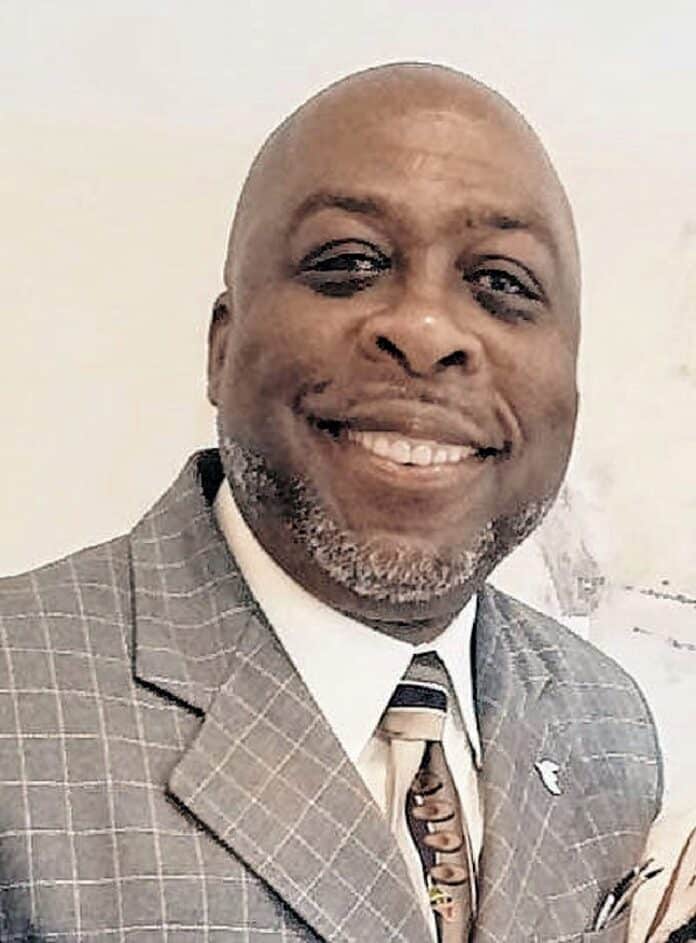To say we’ve reached saturation point in the wake of George Floyd’s death is an understatement.
The aftershocks of protests in every major U.S. city are still reverberating throughout the nation. Every media outlet has exhaustively covered this and similar incidents of discrimination. Social media platforms have never been busier.
White and black pastors and churches have condemned racism and are preaching and praying toward racial equity. So, why another column on this exhaustive issue?
I feel the need to quietly reflect on all that’s happened since that fateful day of May 25, 2020. My reflections are a summation of my takeaways from one-on-one conversations, pastoral officiations, church responses, media coverage, podcast gleanings, academic readings and Scriptural pronouncements. These will, hopefully, allow for continued dialogue as we heal from wounds we’ve inflicted on one another.
There is a huge cultural/conscience shift occurring in America. The national consciousness has been pricked — no, awakened — like never before. Bridges of empathy and understanding are replacing walls of prejudice that have stood defiantly for centuries.
En masse, people are boarding the bandwagon for social justice. The quotation, “Silence equals compliance”, has forced our hand so that being on the sidelines must now give way to either empathy with a movement or defensiveness of a system. There is a real debate on whether the imperatives of justice equate with the indicatives of the gospel.
The conversation about racial equity is ubiquitous. But exactly what are we talking about? Who is talking? Who is listening? What are we learning from one another? What commitments are we making to be the change we need?
Mostly, we’ve been talking about the evil of racism. Some, like Senator Tim Scott (R-South Carolina), have argued that America is not a racist country, although it has flirted with incidents of racism. Others couldn’t disagree more. Those with “lived experiences” of racism are producing the evidence, documenting it in ways that make us all cringe.
Carefully calculating the political risk, politicians are meticulously parsing their words so as not to lose their base. Agendas are being unearthed. Some want to defund the police. Others vehemently disagree.
Very few have discerned the huge difference between the cry, “Black Lives Matter,” and the organization by that same name. The cry is not a negation that all lives matter, but seeks an admission that the cry is true. The organization has its own agenda, as reflected in its philosophical statements articulated on its website.
God is a God of both love and justice. In the gospels, Jesus carefully articulated the two great commandments: “You shall love the Lord your God with all your heart and with all your soul and with all your mind … you shall love your neighbor as yourself.” In the voice of the prophets he cries, “Let justice roll down like waters and righteousness like an ever-flowing stream.”
No nation will ever live up to its greatest ideals when the law of love and the law of justice are violated.
We’re not even capable of loving God or neighbor without God’s help. We need to be humbling ourselves, praying and seeking God’s face. It is then that he will hear us from heaven, forgive our sin and heal our land. And does our land need healing!
The Rev. Theodore A. Griffin is lead pastor at Brown’s Chapel Wesleyan Church in Greenfield. This weekly column is written by local clergy members.





